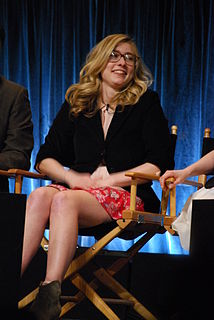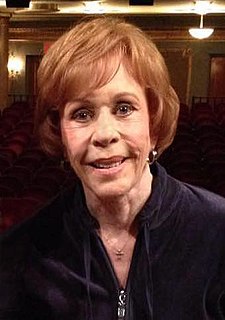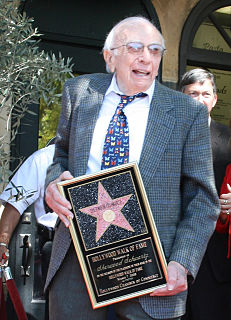A Quote by Elizabeth Meriwether
I think you have to love the characters that you write. I don't know how you could possibly write a TV show where you didn't love the characters.
Related Quotes
I don't write about love because it makes for easy, passive heroes. I write about how love makes my characters more autonomous, more self-possessed, more opinionated and powerful. I write about characters who pursue relationships that make them the people they want to become. I write about love as a superpower.
The love story between the hero and the heroine has to be at the center of the book. I think that's pretty true in my books. I usually write a secondary love story, with maybe nontraditional characters. Sometimes I write older characters. I'm interested in female friendships, and family relationships. So I don't write the traditional romance, where you just have the hero and the heroine's love story. I like intertwining relationships.
I think at some level, it's just alchemy that we, as writers, can't explain when we write the characters. I don't set out to create the characters - they're not, to me, collections of quirks that I can put together. I discover the characters, instead. I usually go through a standard set of interview questions with the character in the beginning and ask the vital stuff: What's important to you? What do you love? Hate? Fear? .. and then I know where to start. But the characters just grow on their own, at a certain point. And start surprising me.
I don't know how to write a novel in the world of cellphones. I don't know how to write a novel in the world of Google, in which all factual information is available to all characters. So I have to stand on my head to contrive a plot in which the characters lose their cellphone and are separated from technology.
There were a lot of lessons of production to be learned. On the page, the biggest thing you learn on any TV show is how to write to your cast. You write the show at the beginning with certain voices in your head and you have a way that you think the characters will be, and then you have an actor go out there, and you start watching dailies and episodes. Then, you start realizing what they can do and what they can't do, what they're good at and what they're not so good at, how they say things and what fits in their mouth, and you start tailoring the voice of the show to your cast.
When I got to 'Looking,' I didn't know that you could write stuff and they would put it on TV. That was that experience. My boss was Andrew Haigh and he came from film; he had never done TV. It was his first TV show, and he was running it. And I think he was like, 'Write it, and we'll put it on.' It was lovely.
I don't know who they are[my characters] . They're entirely invented characters. Maybe that's how I've been able to write so many books, because there are no boundaries for me. I can write a completely fantastical story like "Swept Away" or "Blinded by the Light" and then a non-comic drama like "Chicxulub" or something like "Birnam Wood" that has autobiographical underpinnings. Why not?





































